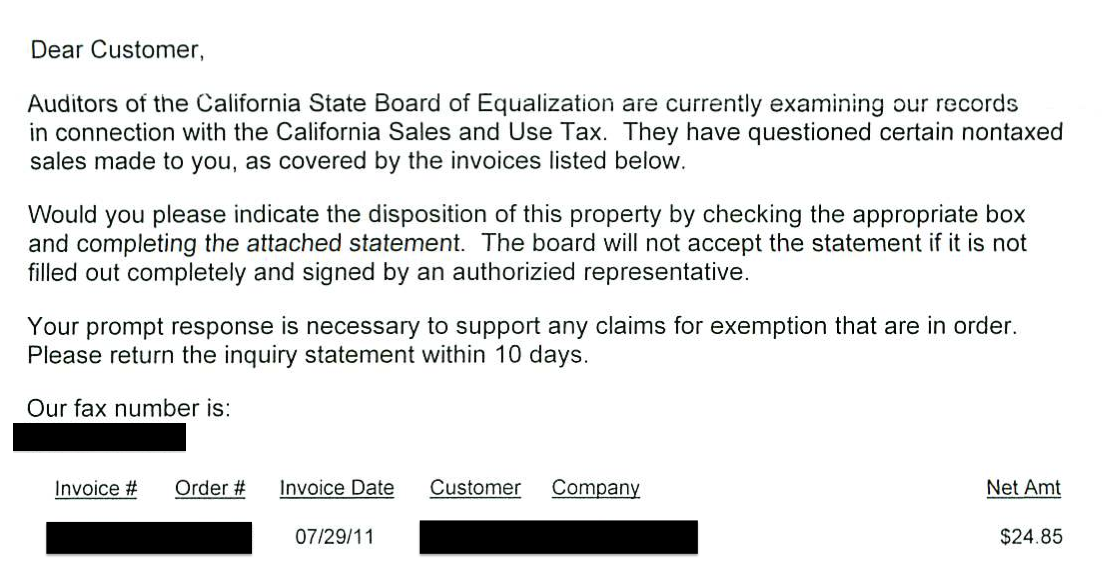The scientific community is abuzz with news that
neutrinos have been measured moving (very slightly) faster than the speed of light. Here's a quick explanation of why, if this discovery holds up under scrutiny, it would be Really Big News, and why my money is still on Einstein.
The speed of light has been dubbed the "cosmic speed limit" by the popular press, but this is not quite right. It is more like the cosmic speed
reference. Imagine you're in a car driving due West on interstate 40. Your speedometer says 60 MPH. How fast are you really going? The answer depends on your point of view. Relative to the surface of the earth you are going 60 MPH (assuming your speedometer is working). But relative to the center of the earth you are actually moving
East (which is to say, backwards) at several hundred miles an hour. This is why you see the sun set even though you are driving towards it.
If you could drive fast enough, you could actually match your speed to the rotation of the earth and "stand still" relative to the sun. The earth would be zipping by underneath you, but the sun would always remain in the same place in the sky. Go a little faster still and you could watch the sun rise in the West.
Now, suppose you set up an experiment in your car to measure the speed of light. You mount a long tube on the roof. On the front of this tube is a shutter than you can open and close to let light in. On the back is a light sensor. You open the shutter and measure how long it takes for the light to reach the sensor. The length of the tube divided by that time is the speed of light.
It turns out that when you do this experiment, the
mind-boggling result is that you get
the exact same speed measurement for light no matter how fast or in what direction you are driving. The reason for this (as far as we know) is that space and time are not the distinct things that we intuitively imagine them to be, but are rather two facets of a single underlying reality called
spacetime. We intuitively think of moving through space as a fundamentally different kind of phenomenon than moving through time, but this turns out not to be true. When we move through space we
change the way we move through time. In particular, the "faster" you move through space, the "slower" you move through time (a phenomenon known as time dilation). When you move through space
at the speed of light you
stop moving through time. From the point of view of a photon moving through the tube on the roof of your car, it is simultaneously at the beginning and the end of the tube, and at all points in between. (Another way of saying the same thing is that as you move faster and faster, the distances between things in the direction you are moving begin to shrink, a phenomenon known as
Lorenzian contraction. When you move at the speed of light, the distance between all points along your trajectory becomes (from your frame of reference) zero, which is why you can be everywhere along your trajectory at once.)
Another way to think about this:
everything is
always moving
at the speed of light through
spacetime. When you "move" (through space) you aren't really changing your velocity (through spacetime), you are only changing your
direction of motion. It's exactly the same as turning the steering wheel in your car. If you drive at, say, 60 MPH according to your speedometer but turn a little to the north, you are now going slower in the east-west direction but faster in the north-south direction. If you turn all the way north, you "stop moving" in the east-west direction. Moving through spacetime is exactly like that. There is no accelerator, no brakes, only a steering wheel. If you are moving zero miles per hour through space then you are moving 1 second per second (the speed of light) through time. If you "turn the wheel" and start moving through space (north-south) then you will be moving slower through time (east-west). At the extreme you move through space at the speed of light and move through time at zero seconds per second (or zero miles per hour -- same thing).
Every single experiment that has ever been done has supported this view of the world. Until now.
If these results hold up it would not just be a little loophole in the laws of physics that somehow allows some esoteric subatomic particles to sneak past the cosmic radar detectors. It would be a
fundamental violation of one of the two pillars of modern physics. It would also have potentially profound philosophical consequences. On our current view of physics, it is not merely
impossible to move faster than light, it is actually
non-sensical. To "move" faster than light you would actually have to travel
backwards in time, which has all kinds of
paradoxical consequences according to our current understanding of reality. I'm not saying this outcome is impossible, but it's unlikely.
Much more likely is some kind of experimental error. The difference in velocity of the supposedly superluminal neutrinos is only a few parts per million. This is well within the capabilities of modern technology to measure but it's not easy to do, and there are a lot of places that mistakes could sneak in. So far they haven't found any mistakes despite
very careful scrutiny but that doesn't mean they won't. The last time experimental results seemed to violate relativity it took
thirty years to figure out what was going on.
So my money is still on Einstein. But I'm not betting my entire life savings on it.


